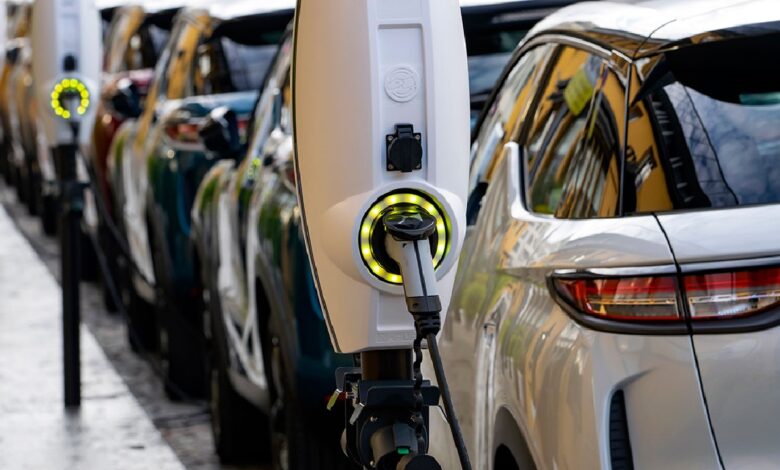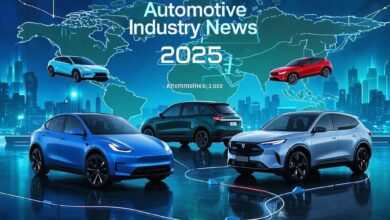Electric Dreams: Shaping the Future of Cars

Introduction
The automotive industry is undergoing a transformative shift, driven by technological advancements and growing environmental concerns. At the forefront of this revolution is the electric vehicle (EV), which has rapidly evolved from a niche market to a mainstream transportation option. This article explores the factors driving the EV revolution, the benefits they offer, and the challenges that lie ahead as we navigate towards a more sustainable and electrified future.
The Rise of Electric Vehicles: A Future-Forward Journey
Several key factors have contributed to the surge in popularity of electric vehicles:
- Environmental Consciousness: The increasing awareness of climate change and the detrimental effects of fossil fuels have propelled consumers and governments towards more sustainable transportation solutions.
- Technological Leaps: Significant breakthroughs in battery technology have extended the range and efficiency of EVs, making them practical for daily commuting and long-distance travel.
- Government Incentives: Many countries have implemented policies to encourage EV adoption, including tax credits, rebates, and investments in charging infrastructure.
- Shifting Consumer Preferences: Younger generations, in particular, are more environmentally conscious and prioritize technology and innovation in their purchasing decisions.
Benefits of Electric Vehicles: A Greener and Smarter Future
Electric vehicles offer a multitude of benefits, including:
- Environmental Impact: EVs produce zero tailpipe emissions, contributing to cleaner air and reduced greenhouse gas emissions.
- Enhanced Performance: Modern EVs boast impressive acceleration, handling, and quietness, often surpassing traditional gasoline-powered vehicles.
- Cost-Effective Operation: While the upfront cost of an EV may be higher, long-term operating costs are typically lower due to reduced fuel and maintenance expenses.
- Technological Advancements: EVs are at the forefront of automotive innovation, featuring advanced features like autonomous driving capabilities and over-the-air software updates.
Challenges and Considerations: Paving the Way for Widespread Adoption
Despite their numerous advantages, the widespread adoption of EVs still faces several challenges:
- Infrastructure Development: Expanding the charging infrastructure is crucial to support the growing number of EVs on the road.
- Battery Technology Limitations: Continuous advancements in battery technology are necessary to increase range, reduce charging times, and lower costs.
- Range Anxiety: Many consumers remain hesitant to adopt EVs due to concerns about limited range and the availability of charging stations.
- Cost and Affordability: While EV prices have been decreasing, they are still generally more expensive than comparable gasoline-powered vehicles.
The Future of Cars: An Electric Horizon
The automotive industry is poised for a significant transformation as electric vehicles continue to gain traction. Advancements in battery technology, coupled with expanding charging infrastructure and favorable government policies, will accelerate the transition to a more sustainable and electrified future.
By embracing electric vehicles, we can contribute to a cleaner environment, reduce our dependence on fossil fuels, and experience the benefits of cutting-edge technology. The future of cars is electric, and it is shaping up to be a bright and exciting one.



